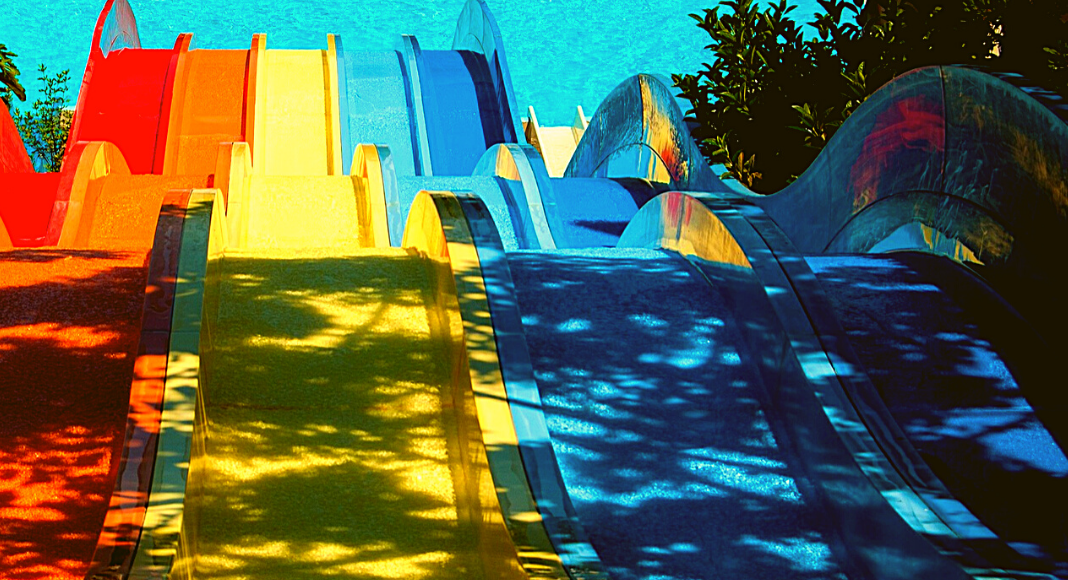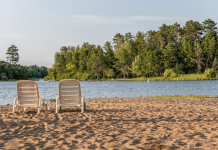I know we just finished school a week ago, but the thought has crept into my head – the dreaded summer slide. Summer slide is the idea that much of the information kids learn during the school year will be lost over the summer without use. It’s a “fancy” educational term for the old adage “if you don’t use it, you lose it.”

I’ve been working in education for 15 years, and this notion of summer break un-doing all the work put into a school year strikes fear in the heart of parents and teachers everywhere. This year let’s add the growing concern that most of our kids have not darkened a classroom door since March. Even under the best of circumstances, it will have easily been five months of no face-to-face instruction by the time August hits.
Have I scared you yet?
That’s definitely not my intent. I am a person who likes to know what I’m up against so I’m better prepared to deal with the challenge (I’m an enneagram 6 in case anyone was curious).
I can tell you that I’m not scared. Those who know me well know that I am always prepared and cautious, so I’m going to share some ideas on how I’m planning to get through the summer.
Take a break. When the weather is nice and you are able, get outside. Don’t freak out about the planning; cut yourself some slack. When things get stressful with any of the other plans you have, come back to this. Regularly, often, always.
Be creative in your learning. Baking, laundry, and cleaning can all count as learning if you’re working out the details with your kids. Besides, doing chores to earn allowance teaches basic financial skills and money counting skills, right?
Let your kids choose. Find out what makes your child excited and go HARD after that, whatever it is. For example, one of my sons is learning about every single type of bird in our area because he likes being the one to identify the ones he sees on the bird feeder.
Read. Model reading for them and talk about what you read. Read to them (in funny voices when possible). Make them read. Read outside. Read in a hammock. Do you sense a theme here? During quarantine, mine read in the morning before breakfast, and sometimes I would waste a bit of time quietly so they would read a little longer.
Switch it up. We live in an age where we have YouTube, podcasts, books, audiobooks, websites, virtual tours, etc. Utilize what you can to spark interest in your kids!
Try to keep a schedule. By all means, don’t get your kids up at 6am if you don’t need to, but maintaining a bit of structure will make it easier when summer is over. If you have your kids at home with you, this will be different than it will be if you work full-time (I’m in the latter, so I’m facing some creative solutions here).
Create rewards (or bribes if you’d prefer that term)! Listen, we all do it. We reward ourselves for completing a task we hate. Give your kids the same ability. It’s a basic leadership technique: reward people the way the need to be rewarded.
Don’t be too pushy. You’ve been a parent and a teacher for several months already, and I know for me, it’s put a strain on my relationship with my kids at times. You’re the mom first, so when it doubt, lean into that.
Here are some websites/posts to give you a springboard for ideas:
Hamilton County STEAM Activities: Find science lessons, virtual tours, and activities for kids of any age
Activity Hero: Find a great virtual camp or take virtual lessons — some are free!
YouTube Kids: Let your kids browse safely for new videos!
Podcasts for Kids: Use this list as a good springboard for finding new podcasts for your kids!
Make. Play. Read. Learn. 2020: Join the Chattanooga Public Library’s summer reading program with a variety of activities!
















